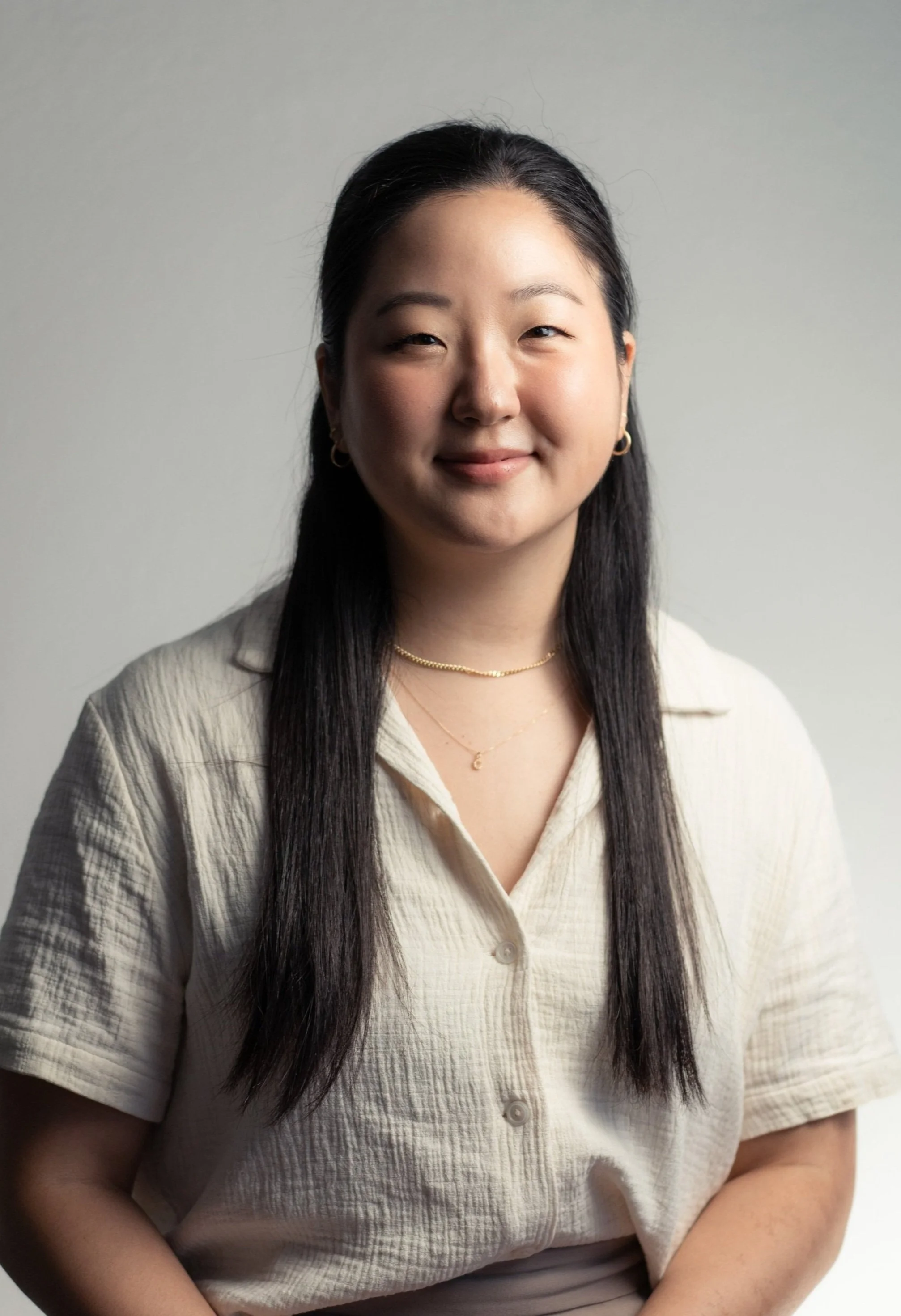Staying Connected: How to Maintain Friendships Through Life’s Transitions
Why Friendships Change During Life Transitions
Ever notice how your friendships shift after a big life change—moving to a new city, getting married, starting a family, changing careers, or even navigating a spiritual transition?
For Asian Americans, children of immigrants, and transplants, these shifts can feel even more layered. You may be balancing cultural expectations, family responsibilities, and values that differ from your friends’ experiences. High-achieving professionals often face demanding schedules, frequent relocations for work, and long stretches away from close friends.
In my work as an Asian American therapist at Oak & Stone Therapy, I often hear clients share that maintaining friendships in these seasons feels unexpectedly hard. Some even feel guilty for struggling, as if it shouldn’t be a big deal.
Here’s the truth: it’s not silly. It’s human. Major life transitions affect your emotional energy, time, and sometimes even your finances, and all of these can shift the way we connect with friends. While change is inevitable, it doesn’t mean you’re destined to lose meaningful relationships.
Common Reasons Friendships Feel Strained
Life transitions can create both emotional and logistical barriers.
One common scenario I see is when a friend gets married. Suddenly, their time and priorities shift—they may need to coordinate with their partner’s schedule or split their free time differently. For expats or transplants, distance and time zones can make spontaneous connections difficult. For Asian Americans navigating their cultural identity, friends who don’t share those experiences may not fully understand family obligations, interests, or community commitments.
While these shifts are often subtle, they can leave the other friend feeling less prioritized or “left behind.” Over time, without intentional connection, the friendship may drift.
4 Therapist-Backed Tips to Stay Connected Through Change
1. Normalize Naming the Shift
Avoiding the topic can create distance. Instead, gently name what you’re feeling:
“I feel distant from you since you started your new job, and I miss you.”
This opens space for honesty while showing you still value the friendship. In cultures where emotional expression isn’t always modeled, such as some of our Asian American families, learning to name feelings can feel vulnerable, but it’s essential for connection.
2. Adjust Expectations
Friendship doesn’t have to lose depth just because it changes form.
If your friend just had a baby, they might not have hours for long talks, but a 10-minute check-in can still be meaningful. If you’ve relocated abroad, maybe you can’t meet in person, but you can keep a shared photo album or send short weekly updates. Accept that your routines may shift and reimagine what friendship could look like in this season.
3. Schedule Friendship Intentionally
Once you accept the shift, prioritize connection:
Plan dinners or coffee dates in advance if schedules are tight.
Use voice notes instead of only texting—hearing each other’s voices can bridge distance.
If you’re in different countries, schedule recurring “friendship calls” that account for time zones.
For high-achieving professionals whose calendars are packed, intentional scheduling is often the difference between drifting apart and staying close.
4. Make Room for Growth—and Disappointment
Friendships ebb and flow. Give space for each person to grow, but also acknowledge when changes feel hard. This makes it easier to adapt without resentment building up.
The Takeaway
Genuine friendships require intention, flexibility, and compassion. Life changes may shift how we connect, but they don’t have to end meaningful bonds. With honesty, creativity, and mutual effort, it’s possible to stay close through every season of life.
Whether you’re navigating friendship changes as an Asian American, adjusting to a new country or city as an expat or transplant, or balancing a demanding career as a high-achieving professional in Los Angeles or the Bay Area, our therapists can help you stay connected to the relationships that matter most.
Reach out to one of our therapists to find the support you need in this season of transition.
About the Author
Elizabeth (Ellie) Oh, LMFT #157153 is an Asian American licensed marriage and family therapist at Oak and Stone Therapy. She offers in-person therapy services at the Los Angeles / Highland Park office and online therapy for children and teens, couples, and adults across California. Elizabeth focuses on supporting young adults navigating complex relationship challenges with loved ones, couples navigating life transitions, and children of immigrants navigating difficult family dynamics that contribute to anxiety, depression, and trauma.


